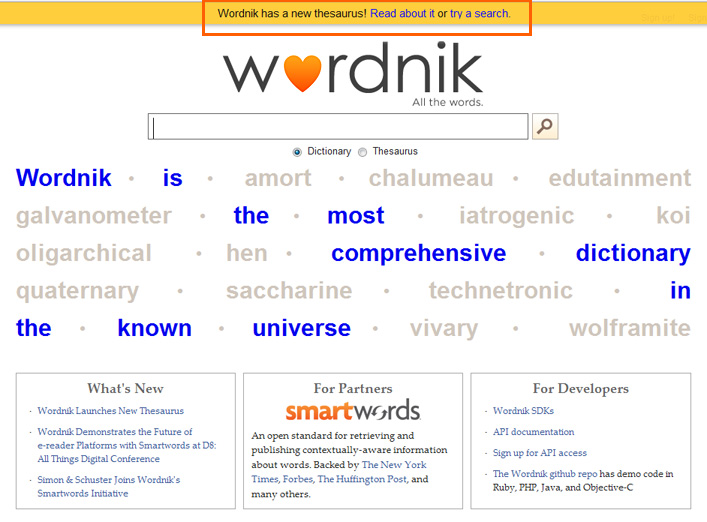From DSC:
My thanks for Mr. Steven Chevalia for this resource.
From DSC:
I’m interested in trying to take pulse checks on a variety of constantly moving bulls-eyes out there — one of which is new business models within the world of teaching and learning (in higher education, K-12, and the corporate world). I have no idea whether the courses that this site/service offers are truly great or not. To me, it doesn’t matter right now. What matters is whether this model — or this type of business model — takes off. The costs of obtaining an education could be positively impacted here, as competition continues to heat up and the landscapes continue to morph.
.

— from teleread.com by Paul Biba
The great thing about “recipe” books like the Moodle 1.9 English Teacher’s Cookbook is that they spark off ideas in you and motivate you to try them out with your own classes. I found that here from the very first chapter: suggested activities flow fast and freely from one page to the next, enthusing you with the desire to go off and personalise them. The author, Silvina P Hillar is an English teacher with a passion for technology and her technical reviewer, PHM Ben Reynolds is an award-winning fictionist and teacher of Writing. A lot of expertise has gone into tailoring the activities to the English classroom. You can read a breakdown of all the chapters here, but I’ll take them one at a time…